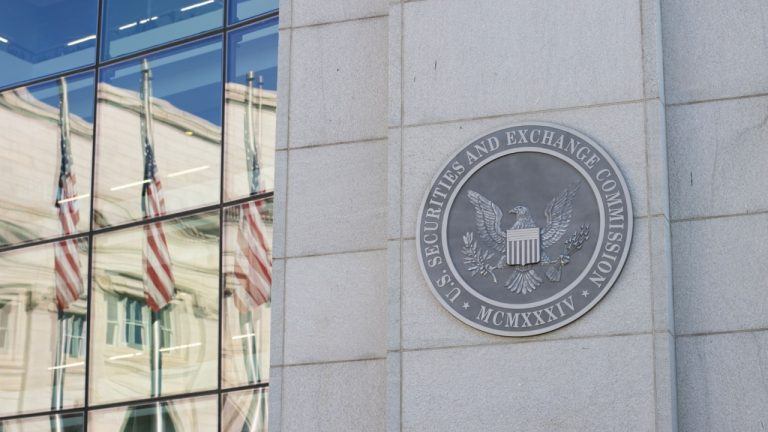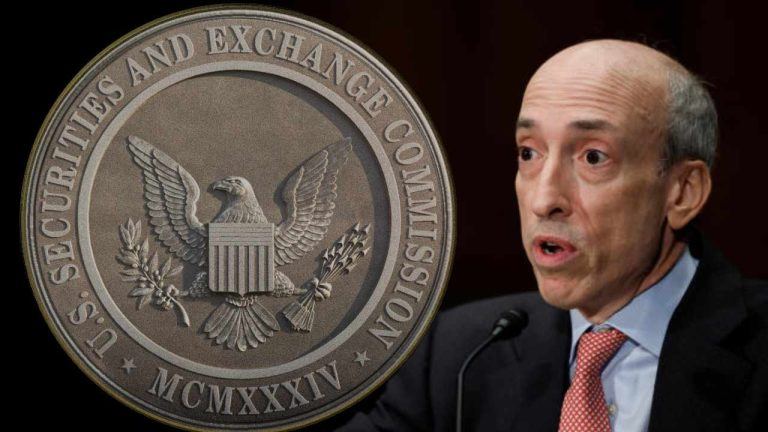The Malaysian government is considering a cryptocurrency policy, and its Prime Minister, Datuk Seri Anwar Ibrahim, has discussed this with leaders in Abu Dhabi and Binance’s founder, Changpeng Zhao, as reported by the New Straits Times.
Prime Minister Kicks Off Discussions
Addressing the local media at the end of his three-day visit to Abu Dhabi, Prime Minister Ibrahim confirmed: “We have talked about digital transformation, data centres and artificial intelligence (AI).”
“I proposed several months ago that our agencies, including security, treasury, and Bank Negara, study how Malaysia can explore this so we aren't left behind. Ensuring it is regulated could safeguard the people's interests and prevent leakages.”
He further pointed out that South Asian countries can learn from the achievements of the United Arab Emirates and Binance's experience in the crypto industry to draft appropriate policies. However, he plans to consult with the Malaysian cabinet on the move.
“They (UAE leaders) feel that they can forge close cooperation with Malaysia on this issue. We need to discuss this in detail, leave behind the old business model, and give meaning to this digital finance policy,” the Prime Minister added.
Bringing Clear Policies
Malaysia is one of a handful of countries regulating wide financial services markets, including forex and contracts for differences (CFDs) brokers. However, the country does not yet have proper policies regarding cryptocurrencies.
Interestingly, its financial markets regulator recently shut down the operations of Bybit, a major global crypto exchange and a direct competitor of Binance, citing a lack of local regulation. This action followed the Malaysian regulator’s decision to add Bybit to its “Investor Alert” list in 2021 for “operating a digital asset exchange (DAX) without registration.”
The “Investor Alert” list also included Atomic Wallet, which is not a cryptocurrency exchange but a wallet platform. However, Atomic Wallet was at the centre of many crypto scams. In 2023, the Malaysian regulator also forced Huobi to exit the country.
Meanwhile, Thailand is considering allowing the listing of Bitcoin exchange-traded funds (ETFs), enabling access to both individuals and institutions.
This article was written by Arnab Shome at www.financemagnates.com.
















